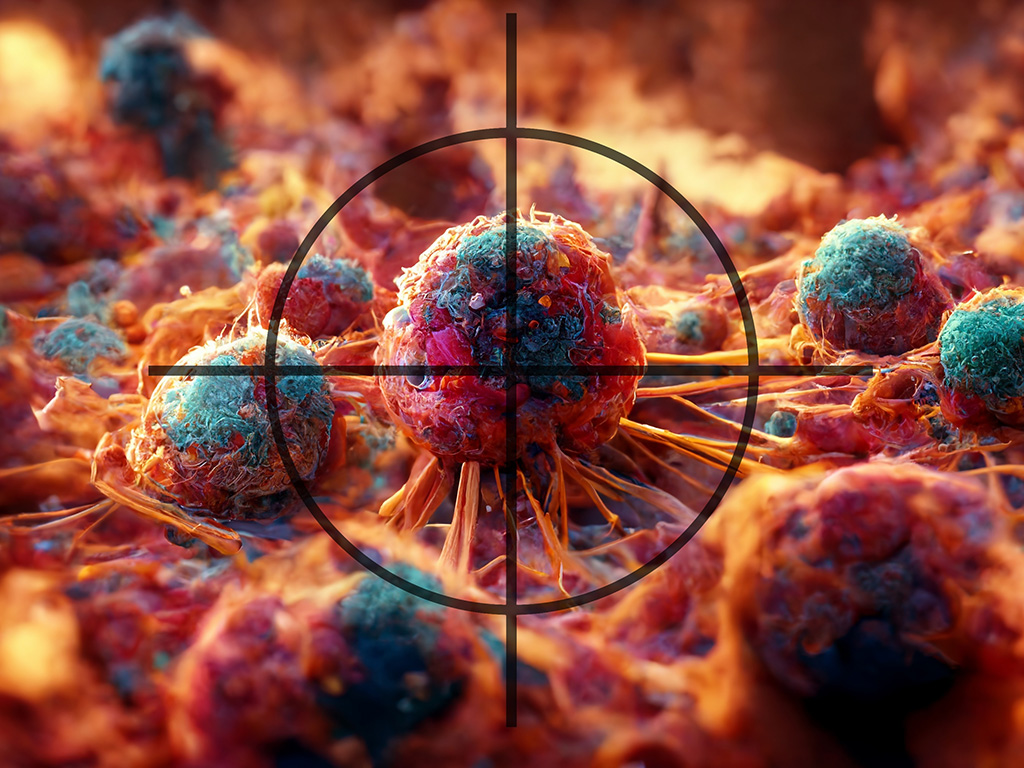New cancer drug may kill tumors and revive immunity; NIH provides $2.3 million to Texas A&M team for development

A team of Texas A&M University researchers has received a $2.3 million grant from the National Institutes of Health to further explore a unique immunotherapy that could be the first of its kind to treat colon cancer and could hold the key to treating other forms of cancer as well.
The collaborative, four-year project will determine how to best utilize a new class of drugs developed in the laboratory of University Distinguished Professor Stephen Safe, Texas A&M School of Veterinary Medicine & Biomedical Sciences, Department of Veterinary Physiology & Pharmacology.
The project will also explore the effects of the new compounds on human and murine cancer cells.
Led by Safe, the team also includes research scientist Gus Wright and Associate Professor James Cai, School of Veterinary Medicine & Biomedical Sciences; University Distinguished Professor Robert Chapkin, College of Agriculture and Life Sciences; and Houston Methodist Hospital oncologist Maen Abdelrahim.
Safe’s compounds target two receptors—NR4A1 and NR4A2—that are normally responsible for helping humans and animals lower stress levels but are overexpressed in colon cancer and other solid tumors.
“In the case of solid tumors, these two receptors are bad; they regulate the growth of a cell, how it metastasizes, how it invades, and how it survives,” Safe said. “When we screened these receptors, we found out that our compounds that we’ve been working on over the years bind with high affinity (binding strongly). Binding can sometimes be bad, making the tumor worse, or binding can be good, by being an antagonist. In this case, the compounds are antagonists—they just wipe out the tumor.”
Not only does their preliminary data indicate that their compounds act as an immunotherapy and kill the tumor, but the compounds also rejuvenate the immune system, which becomes exhausted as it responds to cancer.

